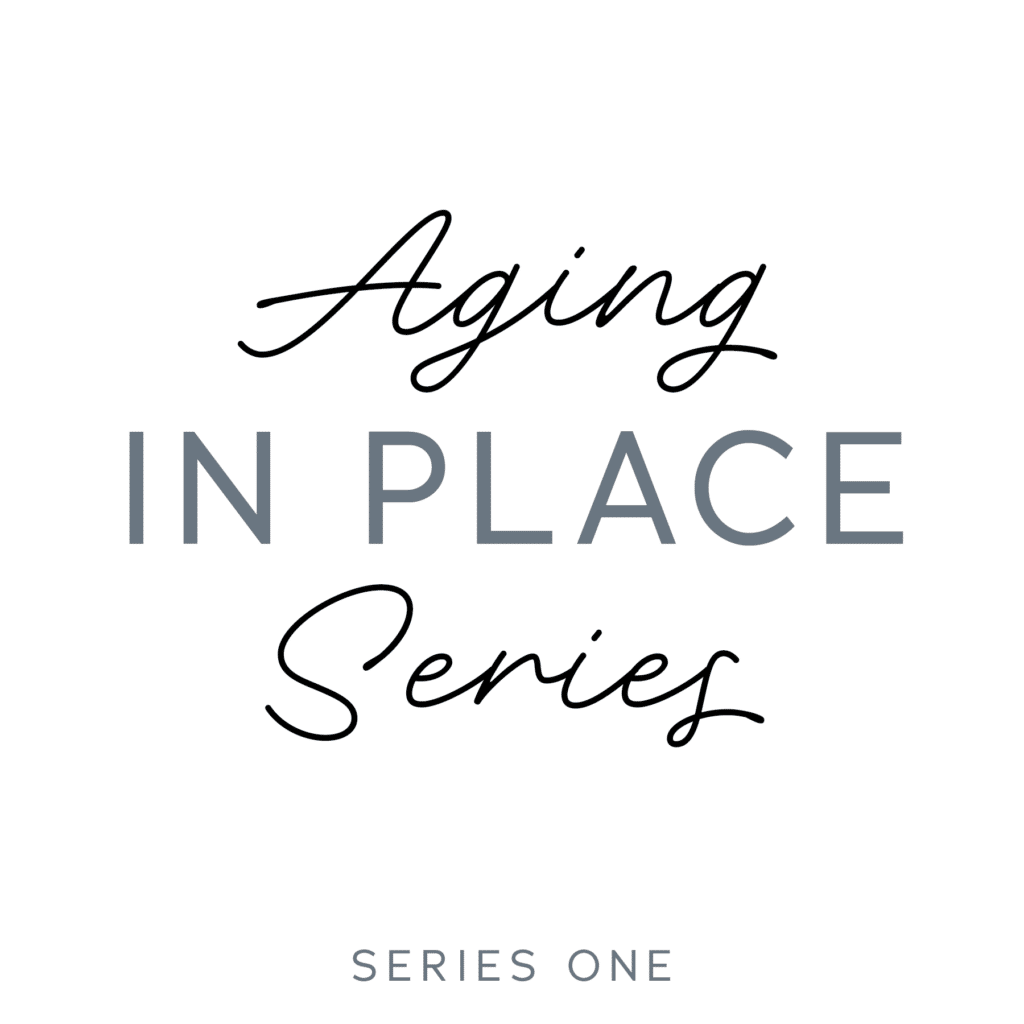
“Aging in place” refers to the concept of seniors living comfortably in their own homes or communities for as long as possible as they age, rather than moving to assisted living facilities or nursing homes. Openings in such facilities have been difficult to find for the general populations, and at times almost impossible for individuals with behavioral or developmental needs. Although it is not possible in all situations, whenever possible, HCO strives to provide the supports needed for individuals to age in place.
This often requires adapting homes to meet changing needs, providing additional support services, and fostering positive communication so that housemates and the individual aging in place are able to maintain their quality of life and independence. Aging with a developmental disability can present unique challenges and considerations for individuals, housemates and the HCO caregivers. Developmental disabilities encompass a range of conditions that affect cognitive, physical, or emotional functioning, that often persisting throughout a person’s life. As individuals with development disabilities age, these conditions often intertwine with the natural process of aging.
Our upcoming newsletter series on “Aging in Place” will talk about crucial aspects of aging for individuals with developmental disabilities, including navigating medical care systems, understanding self-directed care, planning for end-of-life care, and comprehending hospice services.
Throughout the series, we aim to explore these concepts, providing valuable insights into the challenges and considerations that arise. Supporting aging individuals with developmental disabilities demands a person-centered approach that recognizes their unique strengths, needs, and preferences. By addressing health, social, financial, and other considerations, we strive to enhance their quality of life and ensure they age with the dignity and respect they deserve.





